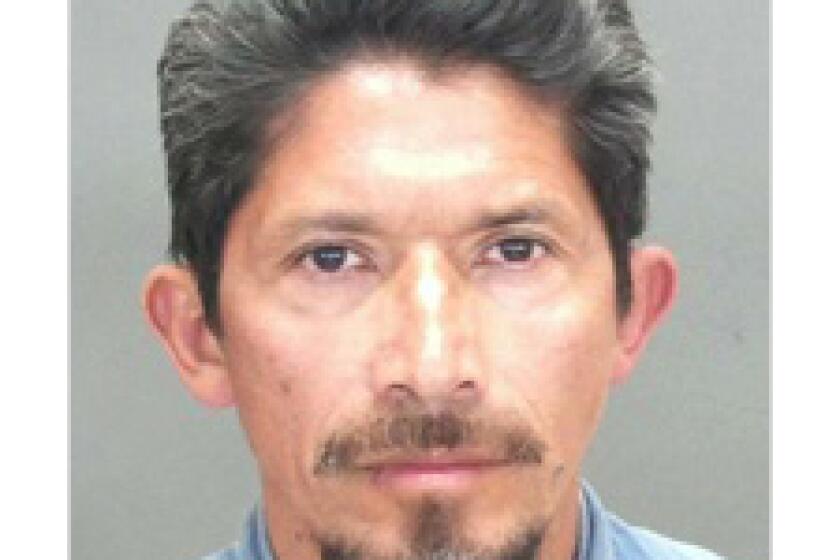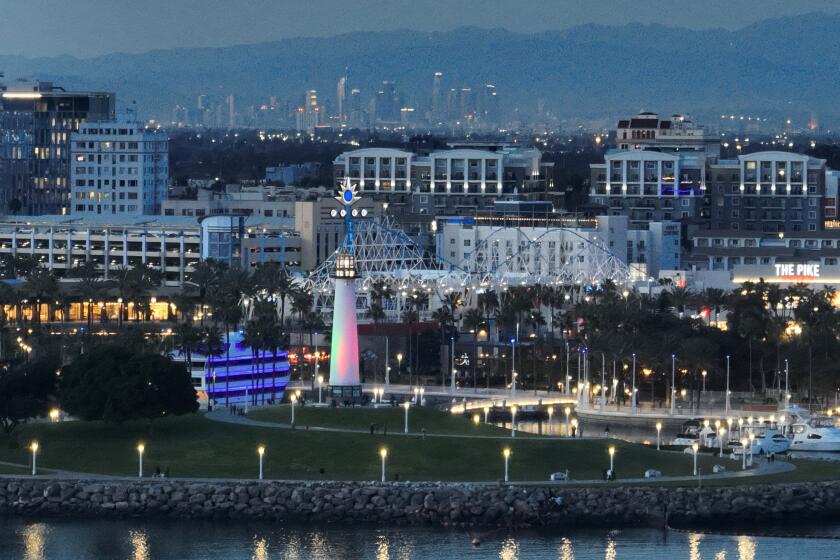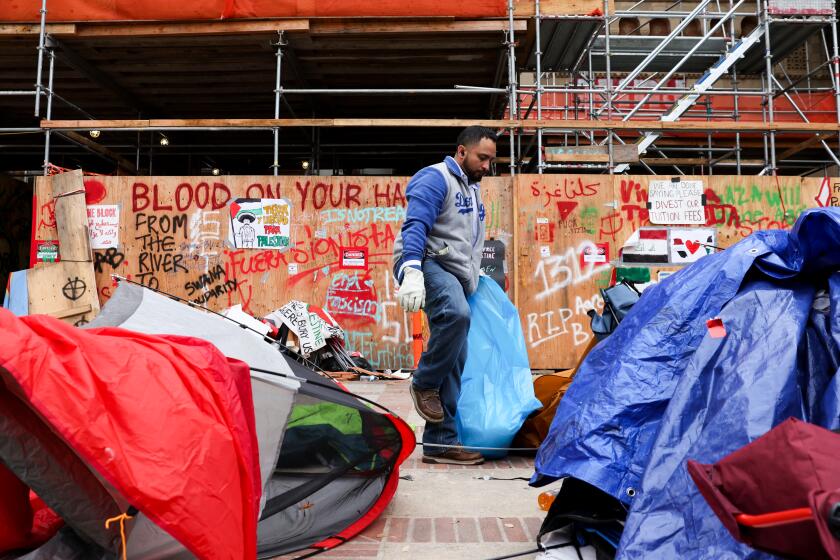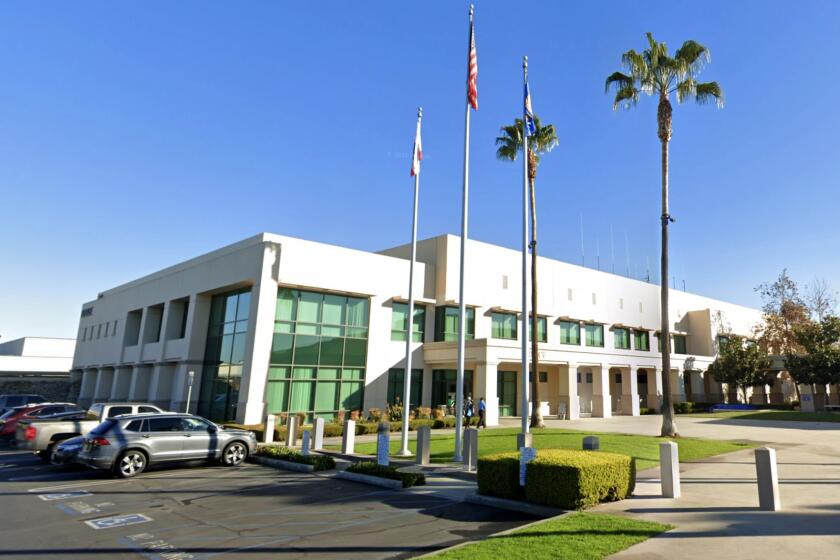County Moves to OK Needle Exchanges
Opening a new and controversial front in local government’s battle against HIV/AIDS, the Board of Supervisors on Tuesday declared a public health emergency in Los Angeles County, paving the way for a legal needle exchange program.
“We get very few opportunities in our political lives to save lives,” said Supervisor Zev Yaroslavsky.
The declaration is the formal step required under recent state legislation to allow the county to distribute clean needles to intravenous drug users who can contract or transmit HIV through shared needles contaminated with infected blood.
Health officials have 90 days to draw up a specific plan for how the countywide exchange system will work.
“The benefits probably extend beyond HIV prevention,” said Dr. Jonathan Fielding, the county’s public health director. “Needle exchange programs attract the high-risk, hard-to-reach addicts. . . . It’s an opportunity to get them into treatment.”
The board has declined to create a needle exchange program since the late 1980s, when it first was proposed. But a new state law permitting local governments to launch such operations went into effect in January, and the board narrowly endorsed the adoption of a program on a 3-2 party-line vote.
Republican Supervisor Mike Antonovich, who with colleague Don Knabe opposed the declaration, said needle exchange programs send the wrong message to children and addicts.
“There is no such thing as a healthy junkie,” Antonovich said. “Needle exchange programs are both reckless and destructive.”
Not true, said medical experts testifying before the board. “Needle exchanges do save lives,” said Mimi West, a member of the county’s Narcotics and Dangerous Drugs Commission, which has long endorsed exchanges.
Fielding said 26% of all women with HIV in Los Angeles County and 6% of all men contracted the virus through intravenous drug use, and an additional 7% of HIV-infected men became ill after sexual intercourse with men who are intravenous drug users.
He said numerous studies have shown that exchanging clean needles for dirty ones in cities such as Seattle and New York does not spread HIV or other blood-born diseases. If combined with other treatments such as counseling, Fielding added, exchanges are an effective prevention tool.
Ferd Eggan, the city of Los Angeles’ AIDS coordinator, told supervisors that more than 5,000 people used nonprofit needle exchanges in the city last year. If 10% had HIV, that level of participation prevented 4,000 potential new infections.
Also, Eggan said that of the 5,000 people who exchanged needles in Los Angeles last year, 4,000 received other treatment--from on-site medical exams to hundreds enrolling in methadone programs or other drug prevention protocols.
Health officials and Yaroslavsky stressed that aspect of needle exchanges.
“You have a captive drug user that you can coax into treatment, which you can’t do now as they’re roaming the alleys sharing needles,” Yaroslavsky said.
But Antonovich raised the specter of those drug users, asking health officials whether communities would have a say in where needle exchanges--and the addicts they draw--would be set up.
Fielding said those issues will be dealt with in three months, when the health department draws up specific plans for needle exchange programs.
More to Read
Start your day right
Sign up for Essential California for news, features and recommendations from the L.A. Times and beyond in your inbox six days a week.
You may occasionally receive promotional content from the Los Angeles Times.






